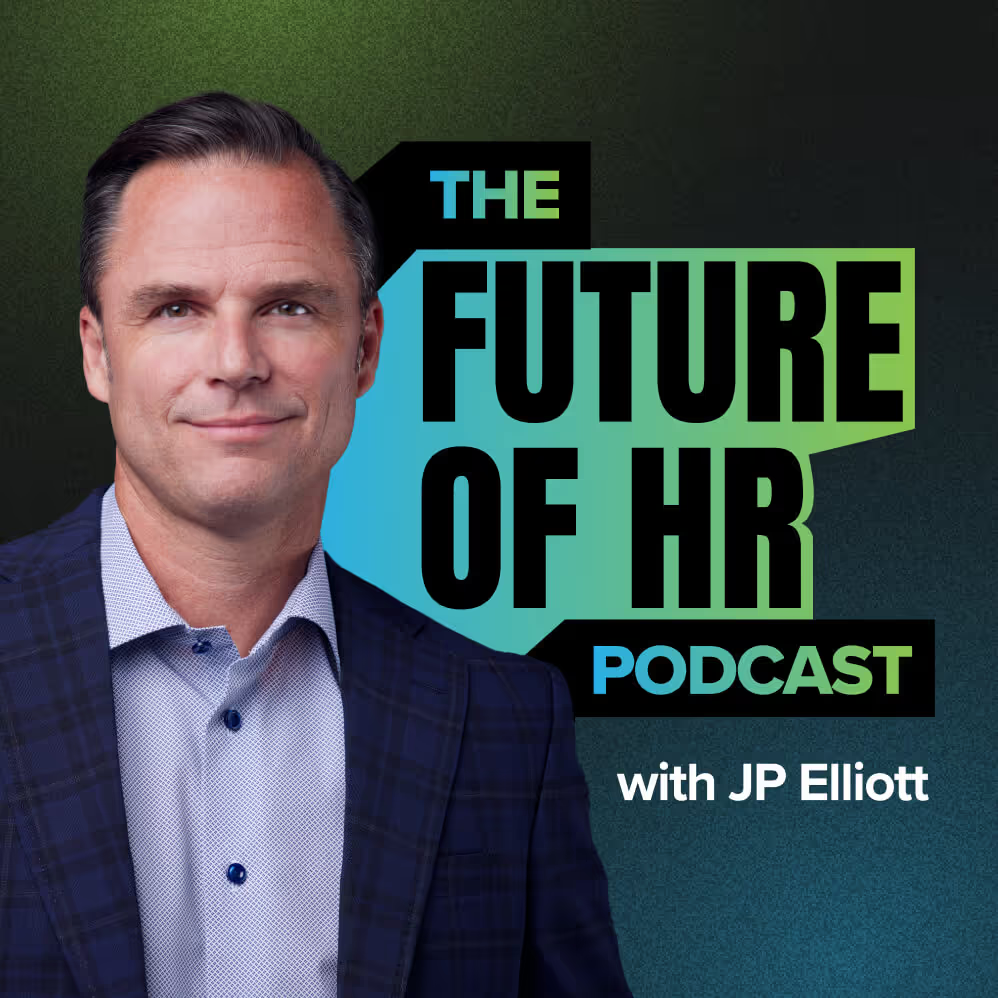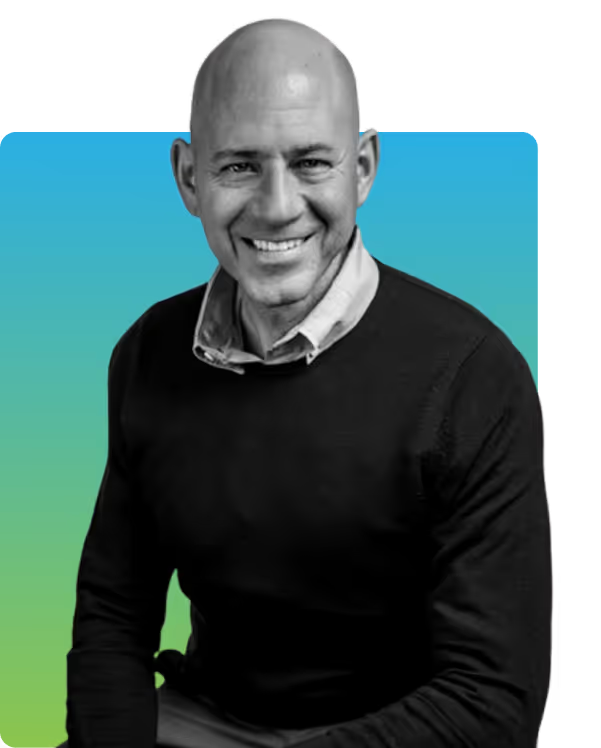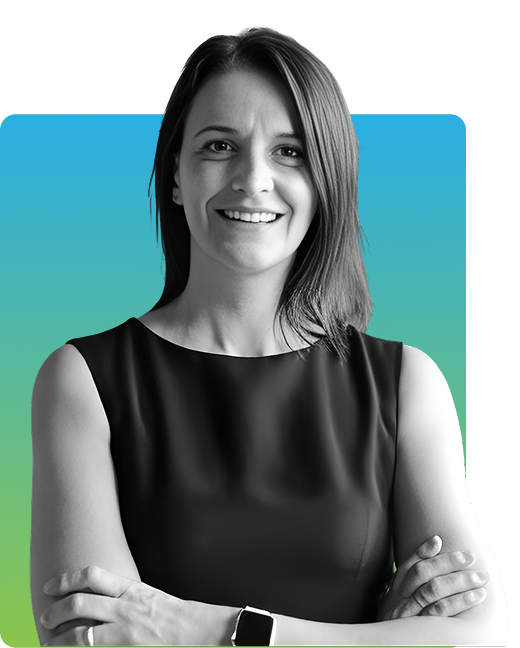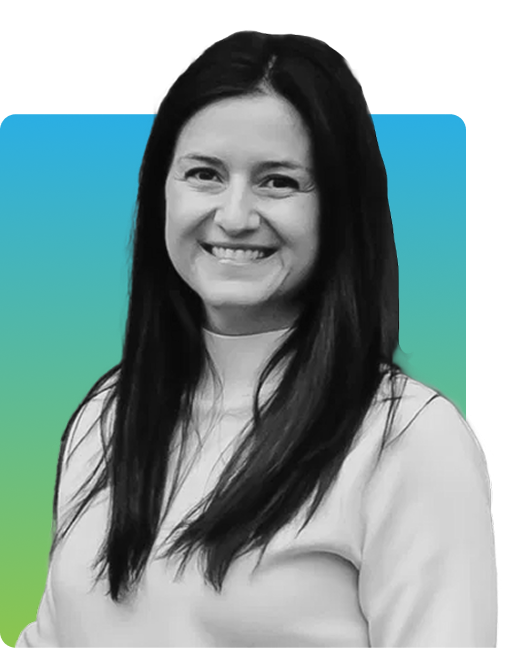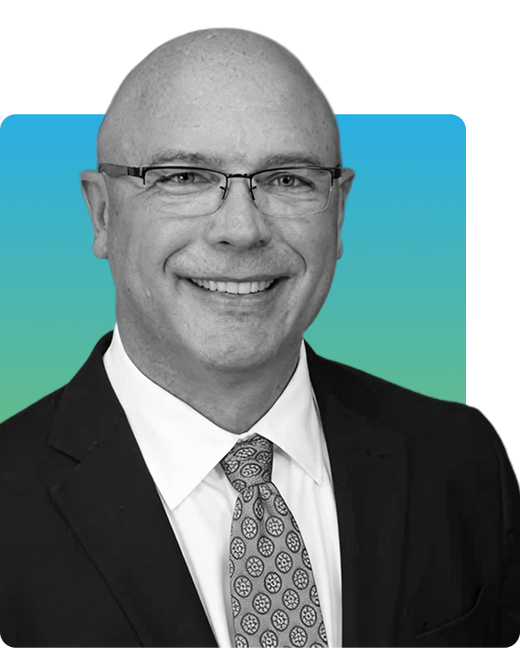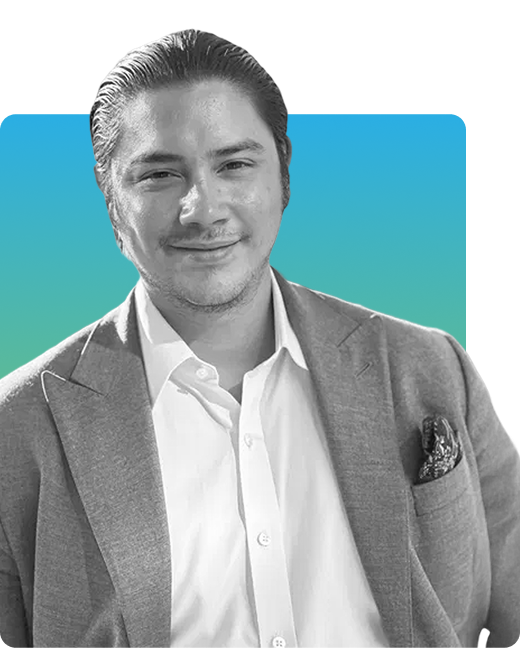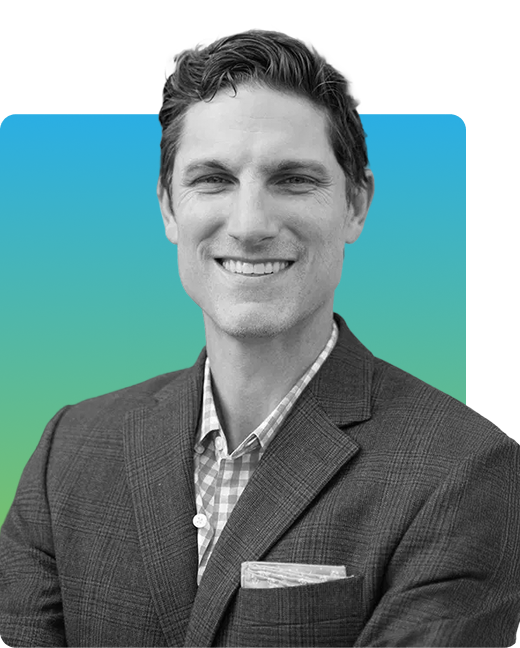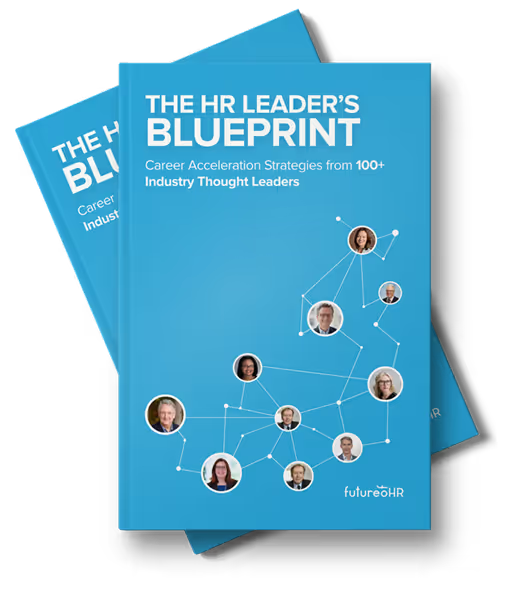Fast-track your career with The Future of HR Podcast
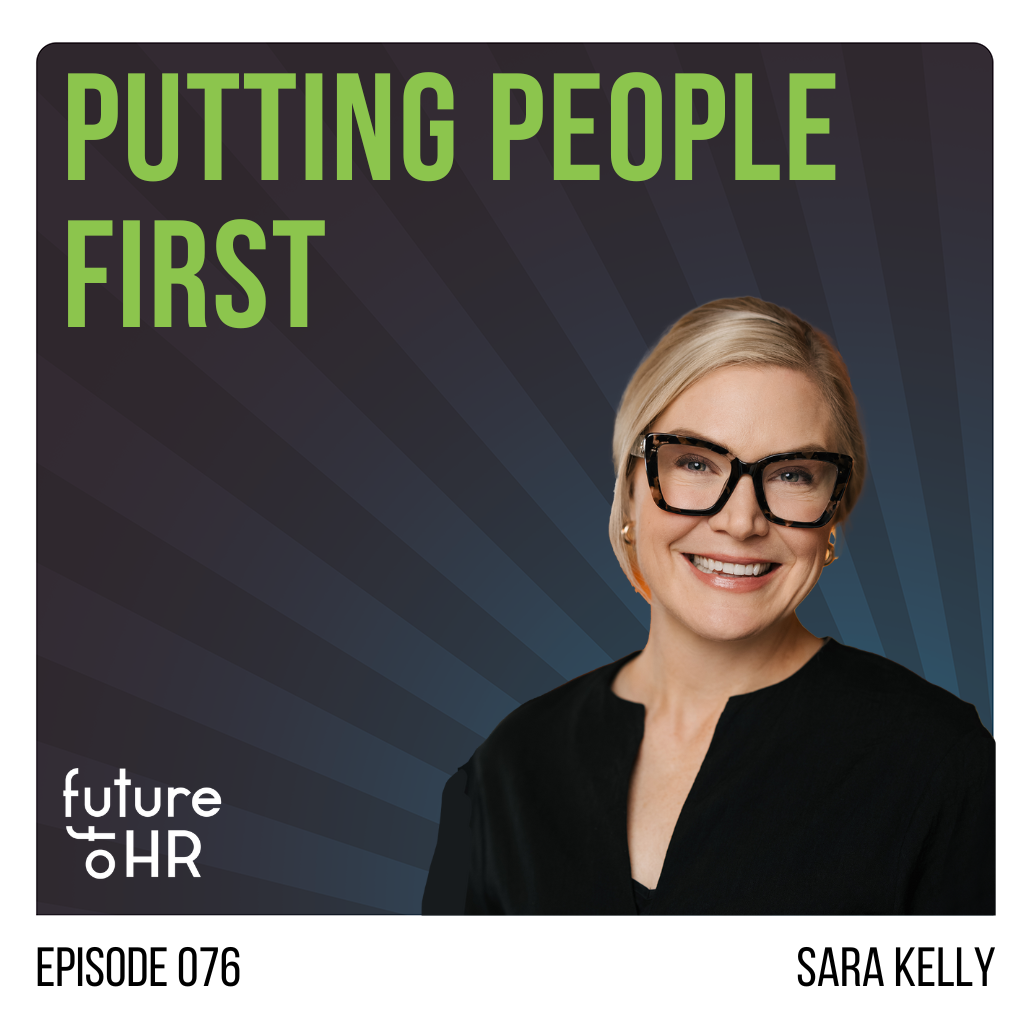
How can you align your personal purpose with your values? Why is “putting people first” not only the right thing to do, but also a great business strategy? My guest on this episode is Sara Kelly, Chief Partner Officer, Starbucks During our conversation Sara and I discuss: How her “personal purpose”has served as her north star throughout her careerWhy she believes that putting people first is critical to business successWhy she believes you should be open to new opportunities and the power of saying “yes.”How Starbucks co-created their new values with input from their partnersHer advice to HR leaders who are updating their organization’s valuesWhy co-creation and an effective listening strategy is helping them to evolve their industry leading benefit offerings Connecting with Sara Kelly Connect with Sara Kelly on LinkedIn

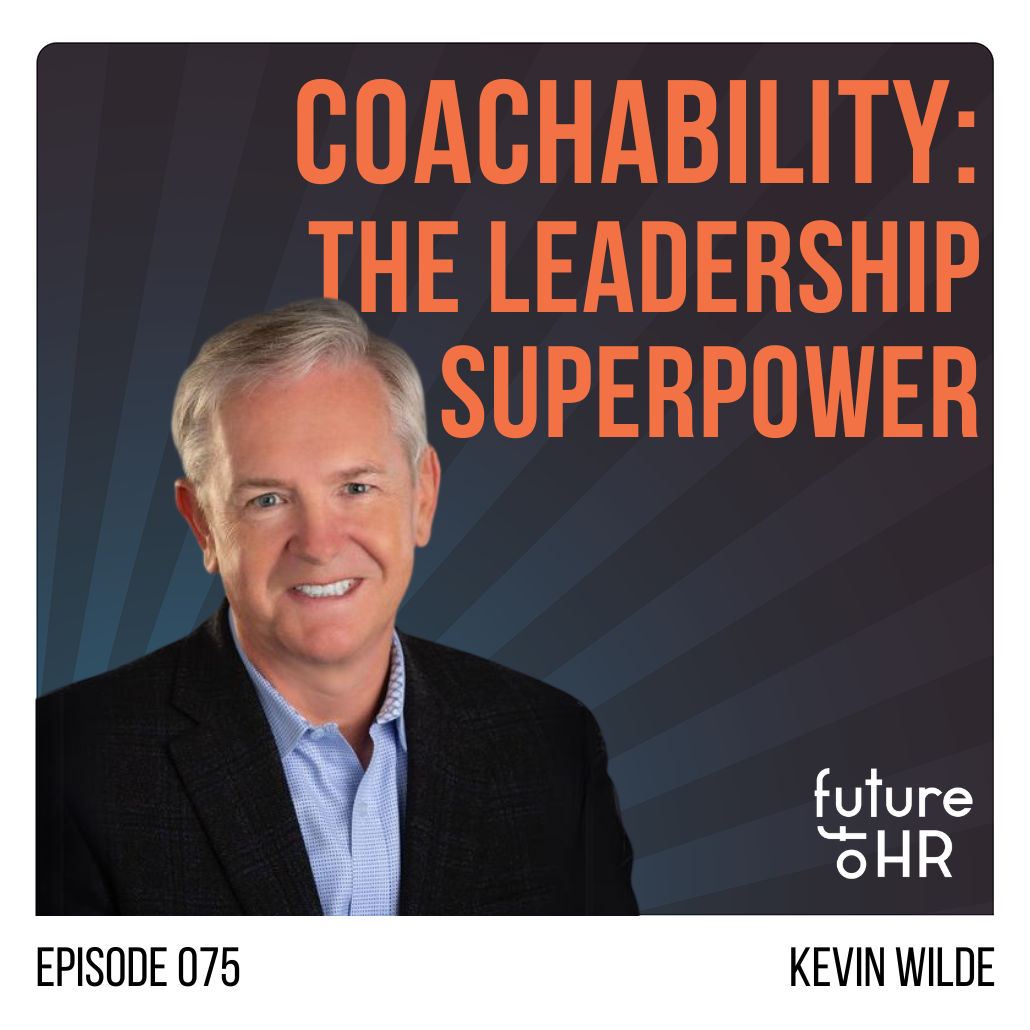
075
ep.
What does it mean to be a coachable leader? How can being a coachable leader future-proof your career? My guest on this episode is Kevin Wilde During our conversation Kevin and I discuss: Why believes that “leaders teaching leaders” is critical to successful leadership development programsWhy coachable leaders have a different mindset than less coachable leadersWhy being coachable decreases as we age and advance in our careersHow to overcome the seven faulty assumptions that low coachable leaders make How Kevin’s “two question” technique helps leaders seek out feedbackHow to seek out and find a truth teller who can give you candid feedbackWhat most people are doing wrong when receiving feedback and what you should do instead Connecting with Kevin Wilde Connect with Kevin Wilde on LinkedIn Learn more about the The Coachable Leader and Kevin’s research

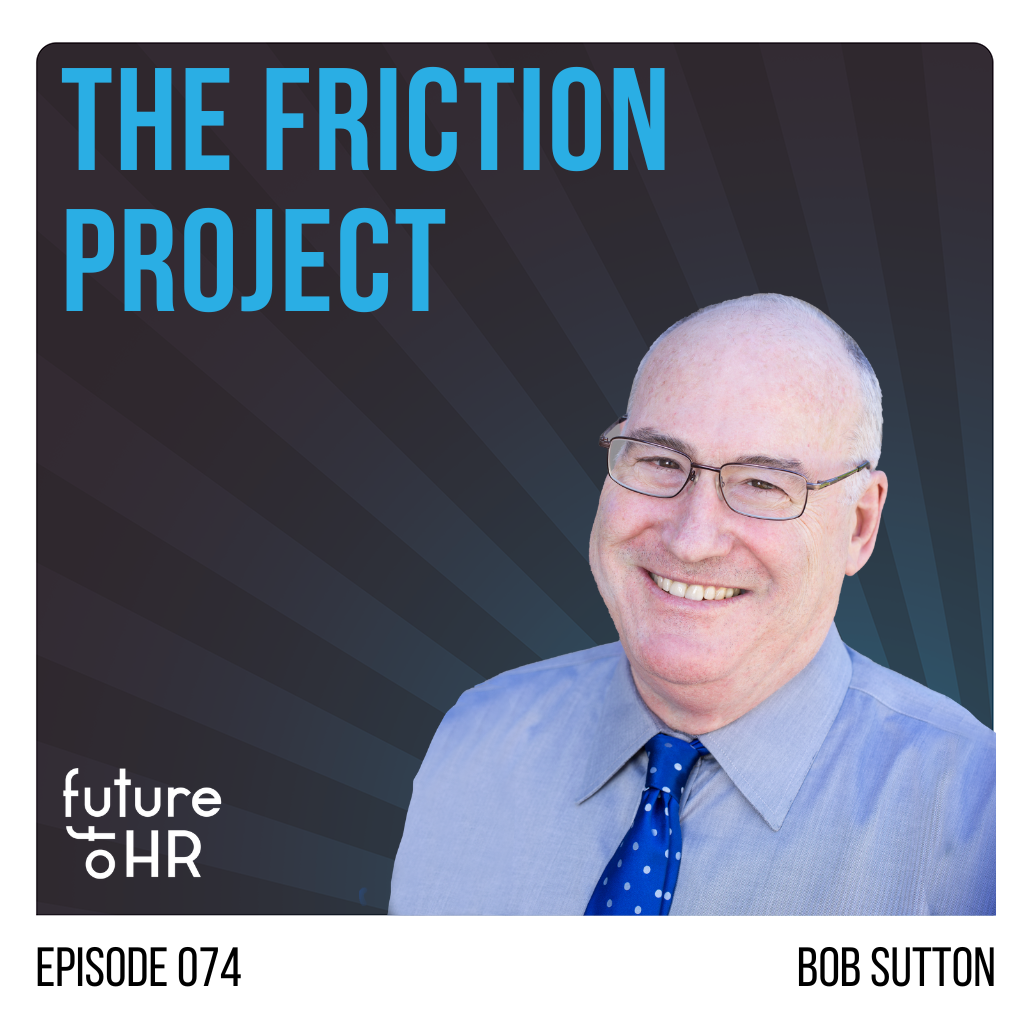
074
ep.
Why is friction both good and bad for your organization How can leaders identify and reduce bad friction? My guest on this episode is Bob Sutton who is an organizational psychologist, professor emeritus at Stanford, New York Times bestselling author, and speaker. During our conversation Bob and I discuss: Why you should think like a “friction fixer” regardless of your positionWhen and how to apply “good friction” to slow things down for better decision makingHow to identify good and bad friction in your organizationWhy empathetic leaders seek out the “friction” in their organizations and then work to reduce itHow to play the “subtraction game” and how it can help your organization Connecting with Bob Sutton Connect with Bob Sutton on LinkedIn Learn more about Bob and his latest book, “The Friction Project”

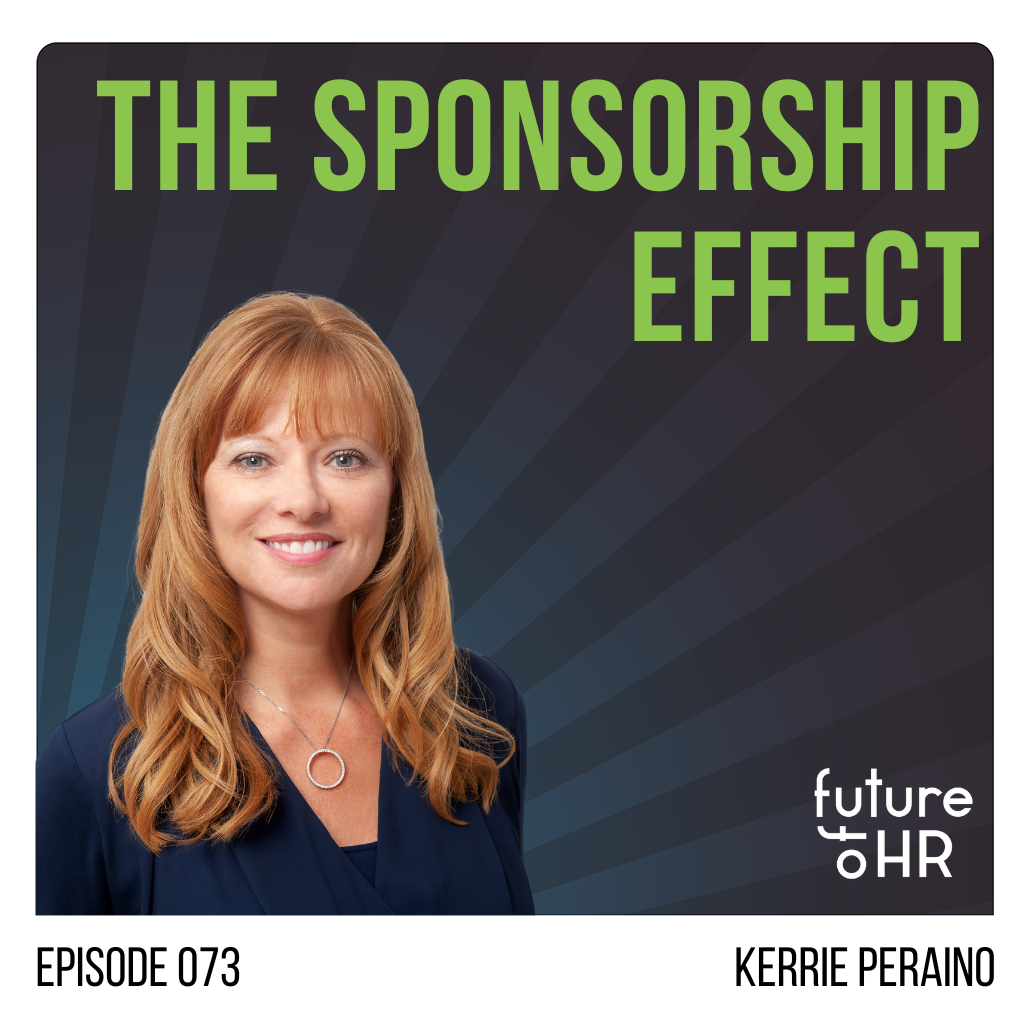
Why can you ask for a mentor, but you must earn a sponsor? How do you create a culture where leaders invest in mentoring and sponsoring talent? My guest on this episode is Kerrie Peraino, Chief People Officer at Verily, an Alphabet company bringing the promise of precision health to everyone, every day. During our conversation Kerrie and I discuss: The role sponsorship has played in her careerWhy she believes “you can ask for a mentor, but you must earn a sponsor”What she learned from participating in the “the sponsorship effect” research projectWhy sponsorship is one of the greatest retention levers that organizations haveHer advice on creating a culture where leaders invest in mentoring and sponsoring talentHer advice for next gen HR leaders on how to find a mentor and grow that relationship into sponsorship Connecting with Kerrie Peraino: Connect with Kerrie Peraino on LinkedIn Learn more about the Sponsorship Effect: Breaking Through the Last Glass Ceiling

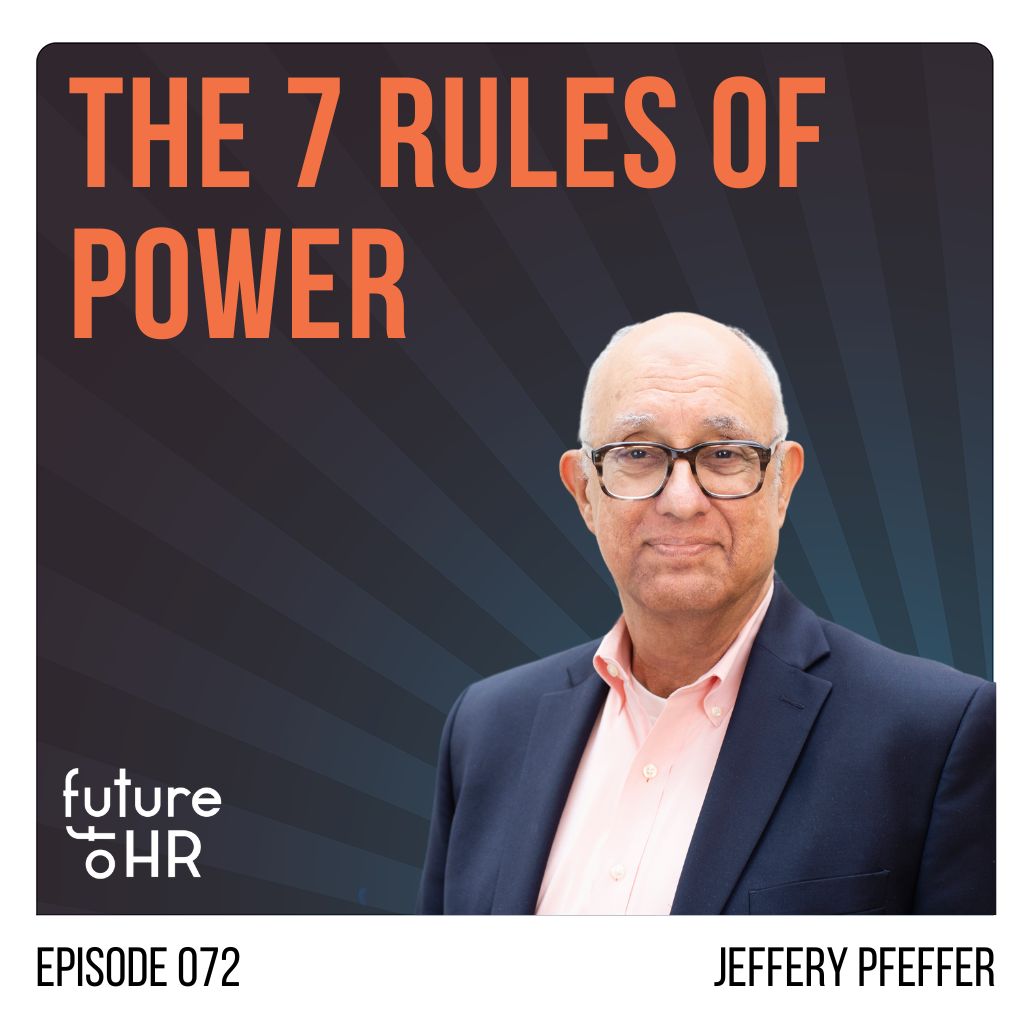
072
ep.
Why is the single biggest barrier to having power…ourselves? How can you, as an HR professional step into your power? My guest on this episode is Jeffrey Pfeffer, Professor of Organizational Behavior at the Graduate School of Business, Stanford University and Author of 16 books including his latest one the “7 Rules of Power - Surprising But True Advice on How to Get Things Done and Advance Your Career” During our conversation Jeffrey and I discuss: Why he believes the single biggest barrier to having power is ourselvesWhy it is important that we own and tell our story, not let others tell it for usWhy he believes that being authentic and/or modest is terrible leadership advice Why networking is a super power and how to do it wellWhy he believes HR needs to raise the bar and step into their powerHis advice on how to deal with difficult leaders in positions of power Connecting with Jeffrey Pfeffer Connect with Jeffrey Pfeffer on LinkedIn Learn more about the Jeffrey’s books, research, podcast and more

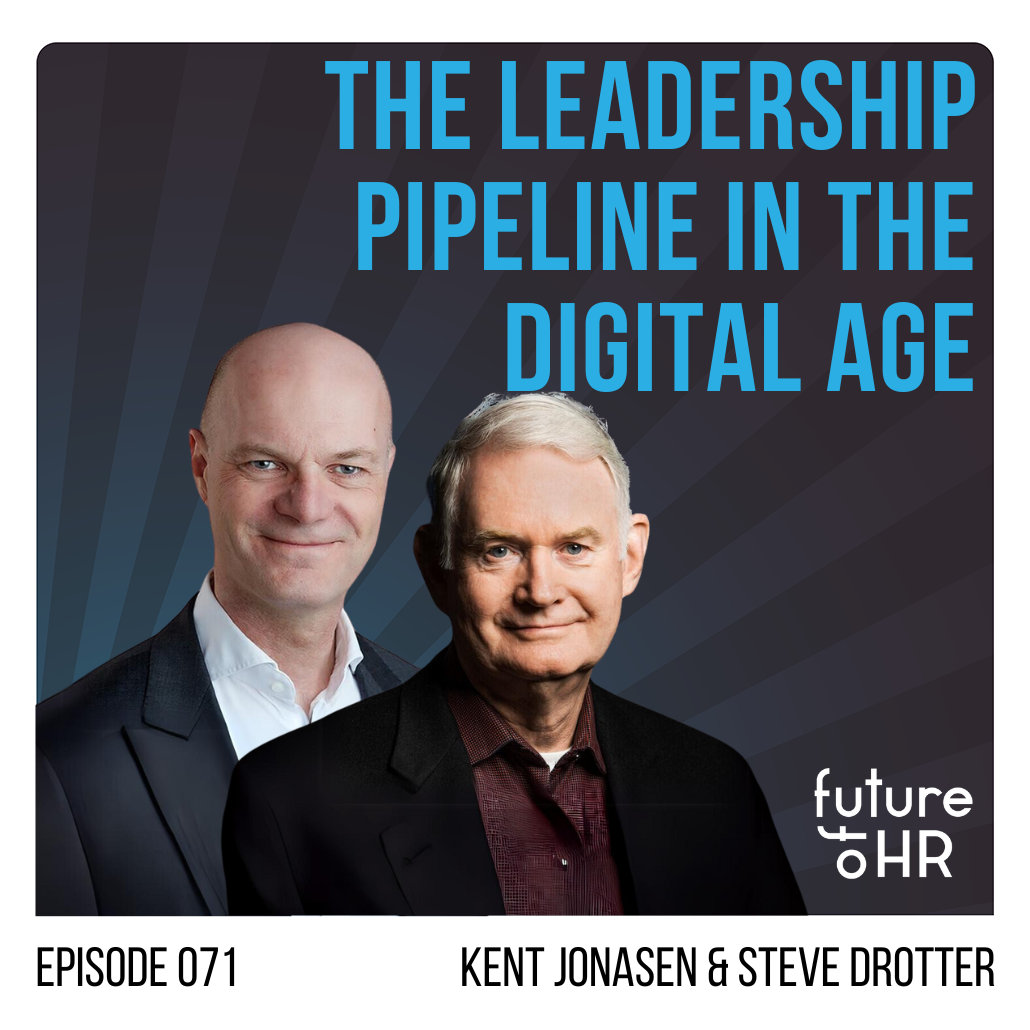
071
ep.
How do you build a leadership pipeline? Why is leadership about jobs to be done and not hierarchy? My guests on this episode are Steve Drotter, Co-Founder and Chairman of the Board and Kent Jonasen, Co-Founder and Global CEO, The Leadership Pipeline Institute During our conversation Steve, Kent and I discuss: The original research that led to the writing of the “Leadership Pipeline” bookWhat differentiates the leadership pipeline framework from traditional competency based leadership models Why leadership is not about leadership, but rather the specific job that needs to be doneThe common traits shared among senior executives who are not chosen for CEO rolesHow the leadership pipeline model can be applied in smaller organizationsThe most common mistakes companies make when implementing the leadership pipeline model Connecting with Kent Jonasen and Steve Drotter Connect with Kent Jonasen and Steve Drotter on LinkedIn Learn more about the Leadership Pipeline Institute Buy the Leadership Pipeline: Building Leaders in the Digital Age

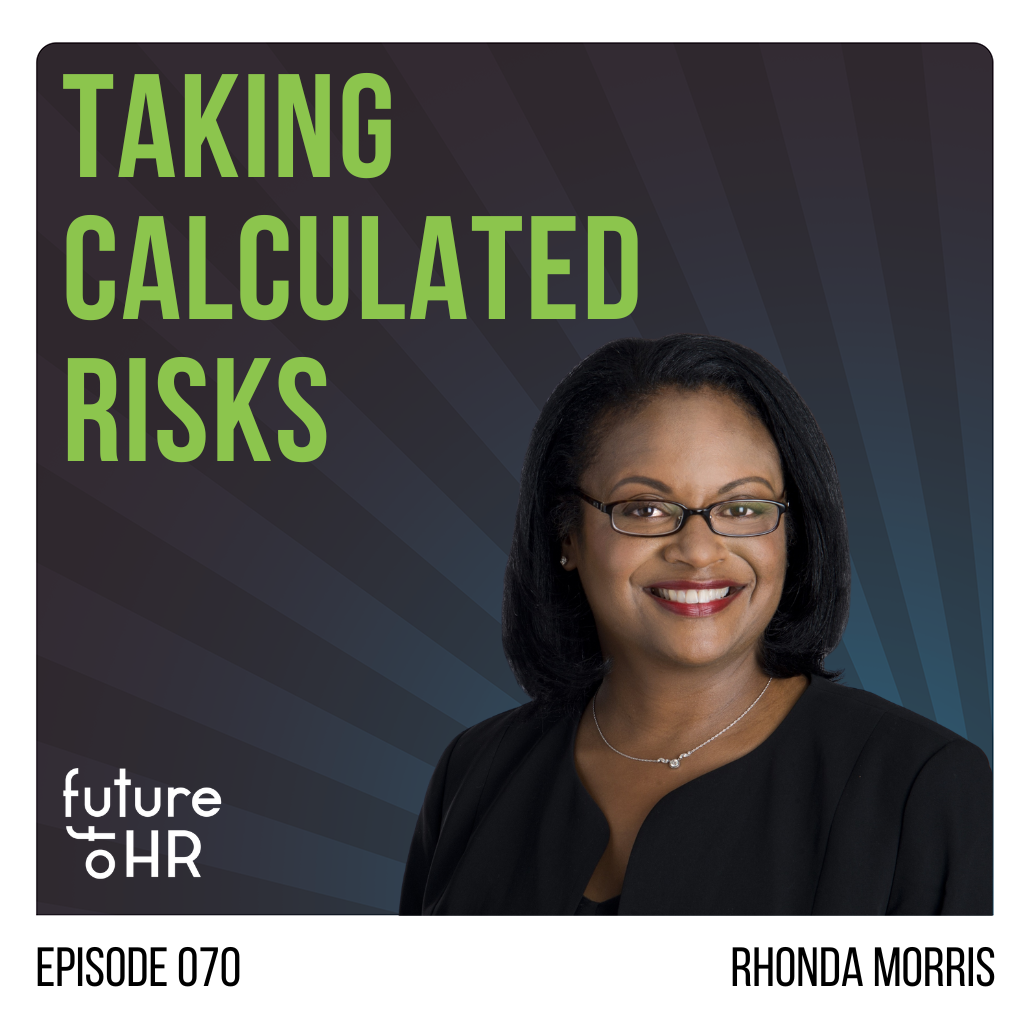
Why should HR take more calculated risks? How can taking calculated risks increase HR’s impact? My guest on this episode is with Rhonda Morris, Chief Human Resources Officer at Chevron During our conversation Rhonda and I discuss: What she learned from her time owning a P&L and how it made her a better HR leaderThe importance of asking for help and not believing you have all the answersHow she leverages her own personal board of directors to continue to learn and develop as a leaderWhy she believes HR needs to take more calculated risksThe question every HR leader should ask before trying gain the buy-in of their business leadersWhy HR leaders need to practice “other thinking” to increase their impact Connecting with Rhonda Morris Connect with Rhonda Morris on LinkedIn

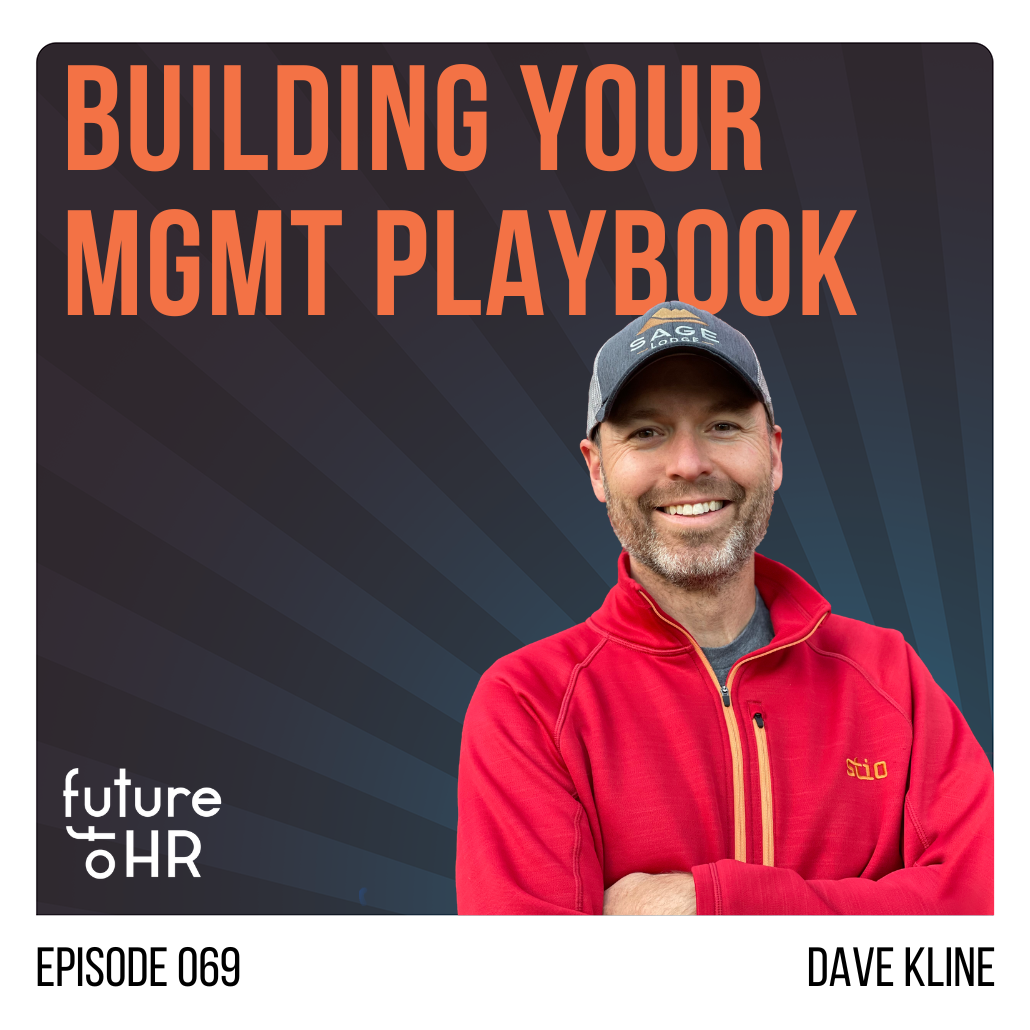
069
ep.
How do managers create value and impact? How do the best managers reduce friction and create capacity for their teams? My guest on this episode is with with Dave Kline who teaches leaders the codified management playbook to build great teams & level up their career During our conversation Dave and I discuss: Why he and his wife launched the management accelerator program and what makes it uniqueWhy he believes that the role of a manager is to deliver impact and why he created the impact equationWhy the best leaders focus on reducing friction and cycle time for their teamsHow new leaders can build trust with their teams by identifying and making a meaningful change on something that matters to themWhy leaders who are afraid to give feedback in the moment often drop what he calls the “synthesis bomb” and it how it negatively impacts trustThe six fears (rational and irrational) that stop leaders from delegating to their teams and how to overcome themConnecting with Dave Kline Connect with Dave Kline on LinkedIn Learn more about MGMT Accelerator on Maven Subscribe to Dave’s weekly newsletter MGMT Playbook

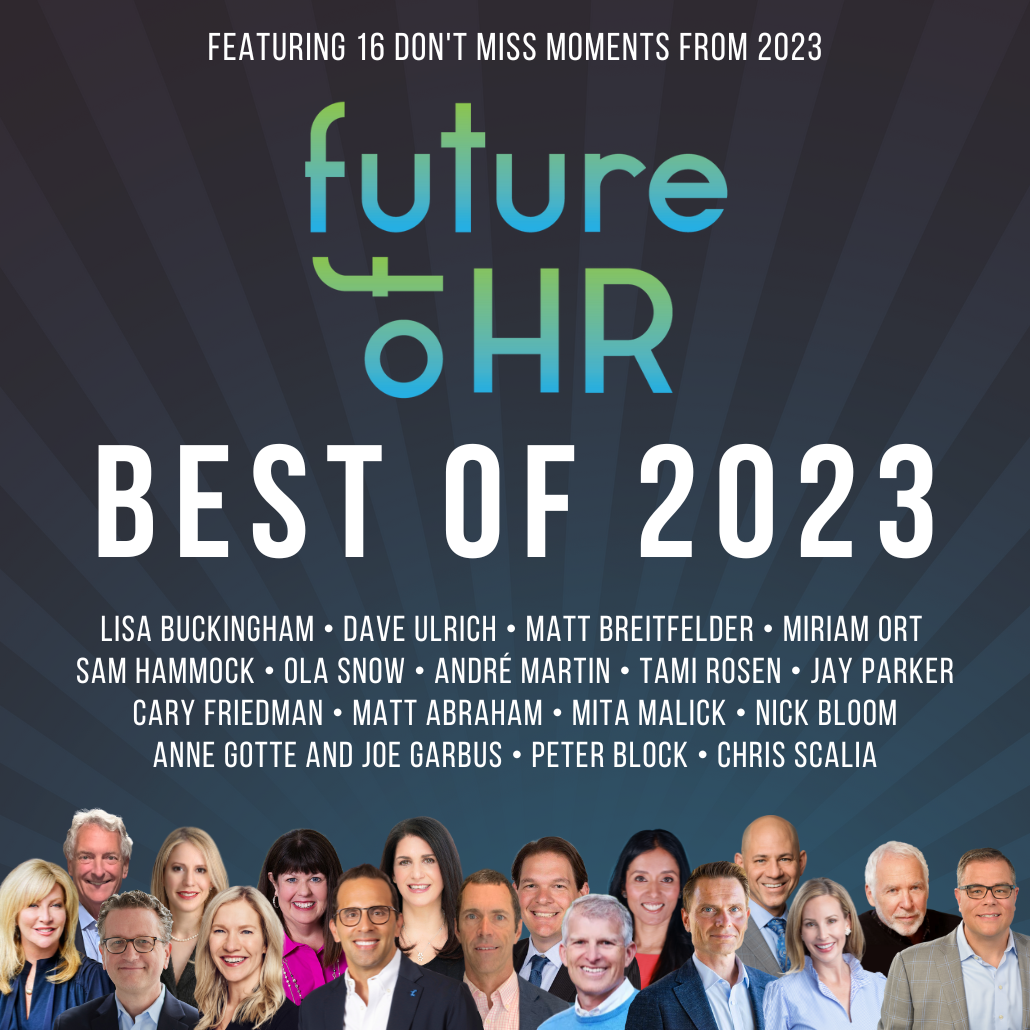
068
ep.
The “Best of 2023” episode features sixteen don’t miss moments from HR executives and thought leaders who… So, who can you expect to learn from on this episode? Lisa Buckingham, former Chief People, Place & Brand Officer at Lincoln Financial GroupDave Ulrich, Professor at the Ross School of Business, University of Michigan and a partner at The RBL GroupMatt Breitfelder, Head of Human Capital and Partner at Apollo Global ManagementMiriam Ort, EVP & CHRO at C&S Wholesale Grocers & SymboticSam Hammock, EVP & CHRO at VerizonOla Snow, CHRO, Cardinal HealthAndre’ Martin, PhD, Founder of Shift Space and author of “Wrong Fit, Right Fit”Tami Rosen, Chief People Officer at PagayaJay Parker, founder and CEO of Mentorforce Cary Friedman, Global Head of Human Resources at JefferiesMatt Abrahams, a leading expert in communication and author of “Think Faster, Talk Smarter”Mita Mallick, Chief Diversity Officer & Author of “Reimagine Inclusion”Nick Bloom, WFH expert & Professor of Economics at Stanford UniversityAnne Gotte, VP Global Talent, General Mills & Joe Garbus, EVP Global Head of Talent, PVH Corp.Peter Block, author of Flawless Consulting and Partner at Designed LearningChris Scalia, Chief Human Resources Officer, The Hershey Company

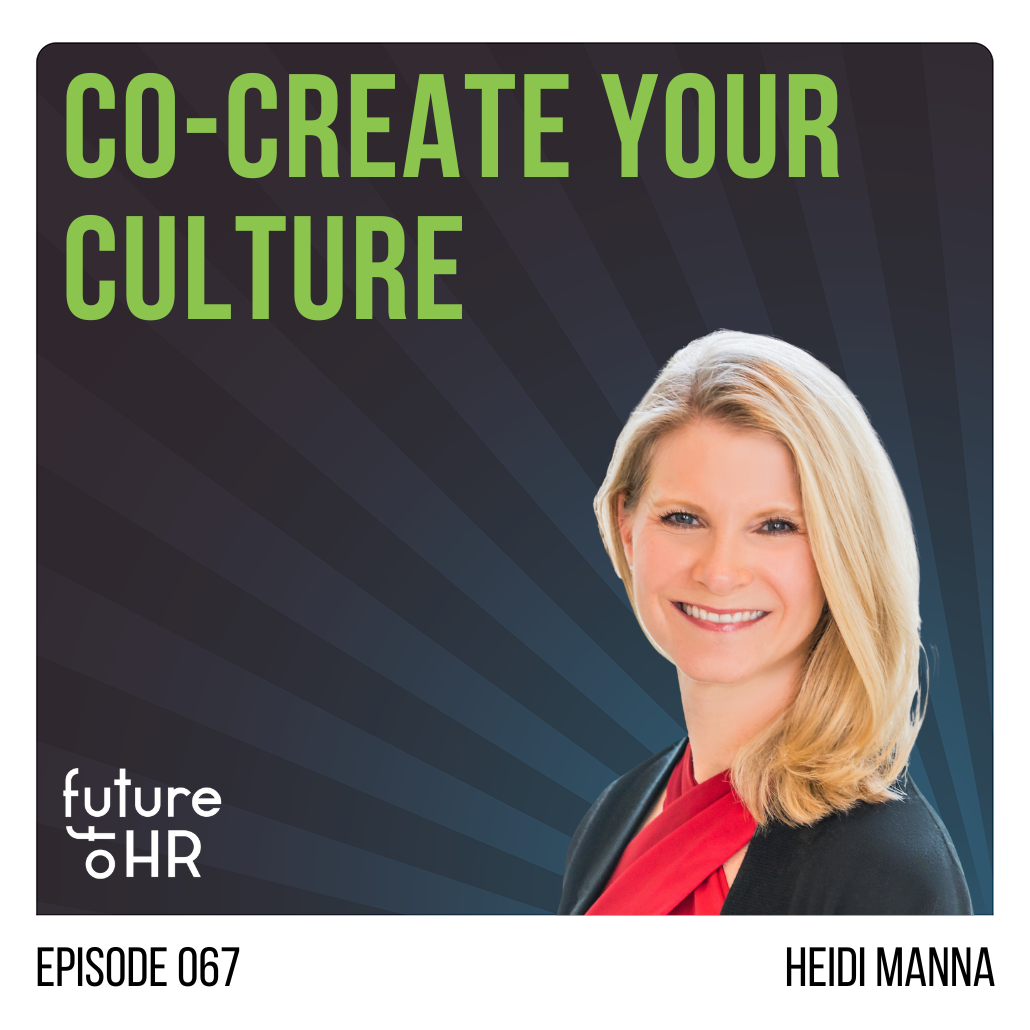
How does your “operating culture” impact your employee experience? What are the best ways to co-create your culture using data and the voice of your team members? My guest on this episode is with Heidi Manna, Chief People Officer at Jazz Pharmaceuticals During our conversation Heidi and I discuss: Her advice for candidates on how to assess in the interview if an organization values HRWhy a mentor’s direct and honest feedback was a turning point in her careerHow your “operating culture” impacts your employee experienceWhy they have relied on “principles” and team leaders judgement in developing their future work model “Jazz Remix”How data on employee preferences, commute times, and percentage of distributed teams helped inform their future work model “Jazz Remix”How she engaged and collaborated with the senior leadership to gain alignment and ownership for “Jazz Remix” Connecting with Heidi Manna Connect with Heidi Manna on LinkedIn


